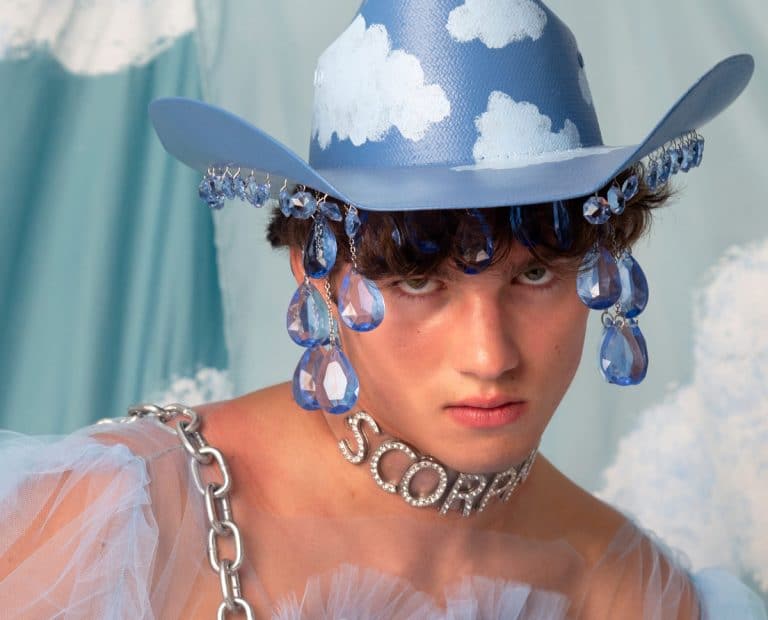Busted! AI can figure out who your secret crush is by analysing your brain activity data
I’ve said it before and I’ll say it again: artificial intelligence (AI) is already on its way to altering every little aspect of our lives—even the ones we never ever asked it to come close to. Forget about AI art and robots delivering sermons, AI now wants to infiltrate the world of dating, to help you find out exactly who you find attractive.
Researchers from the University of Helsinki and the University of Copenhagen have managed to teach AI what faces an individual person finds attractive, and how to generate artificial portraits in response. The study, titled Brain-computer interface for generating personally attractive images, was conducted on 30 volunteers who agreed to having the electrical activity in their brain monitored while they looked at artificial portraits created by a generative adversarial neural network (GAN), pulled together from thousands of images of real celebrities. Think ThisCatDoesNotExist.com, only with hot (but fake) contestants.
Speaking to Neuroscience News, senior researcher at the University of Helsinki Michiel Spapé further explained, “It worked a bit like the dating app Tinder. The participants ‘swiped right’ when coming across an attractive face. Here, however, they did not have to do anything but look at the images. We measured their immediate brain response to the images.”
Once that was done, the data from the readings was then analysed using machine learning techniques, generating a network that helped create new portraits based on a person’s individual preferences. Both the AI model interpreting the volunteers’ brain responses and the generative neural network modelling the face images played a crucial role in this experiment. Together, they produced an entirely new face image by combining what a particular person finds attractive.
The new images produced were then found to match the subjects’ preferences with an accuracy of 80 per cent. Now, before you get too excited about what this could mean for the future of dating apps, I should note that what this specifically highlights might turn sour, real quick.
After all, the study could easily expose unconscious biases and stereotypes most people hold (be that knowingly or not). And we’ve come to learn the hard way—attractiveness is a far more challenging subject than simply defining concrete physical traits. As Spapé explains, attractiveness is “associated with cultural and psychological factors that likely play unconscious roles in our individual preferences. Indeed, we often find it very hard to explain what it is exactly that makes something, or someone, beautiful: beauty is in the eye of the beholder.”
Succeeding in assessing attractiveness is especially significant, as this is such a poignant, psychological property of the stimuli. By bringing in brain responses to the mix, it shows it is possible to detect and generate images based on psychological properties, like personal taste.
What does it say about us and the way we perceive attractiveness? Well, although we can all instantaneously recognise a face as ‘attractive’, it is much harder for us to explain what exactly defines our personal attraction. This suggests that attraction depends on a complex mix of culturally and individually defined features. And now, GANs have learnt to mimic these complex data distributions without even having to ask the question we all ask ourselves: why is my type my type? In other words, this little study just proved that AI is not to be slept on.






